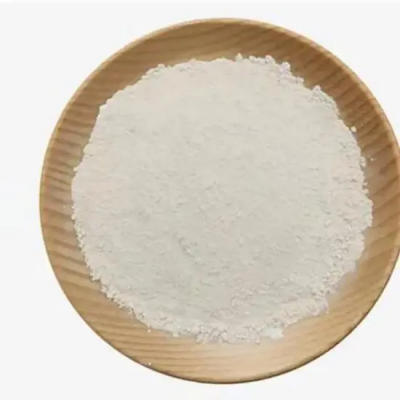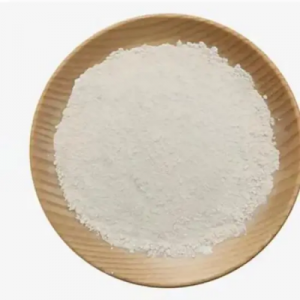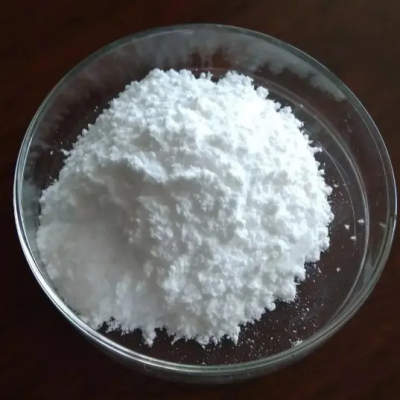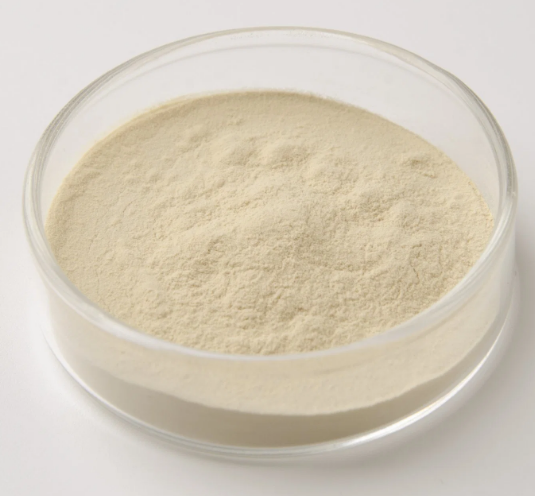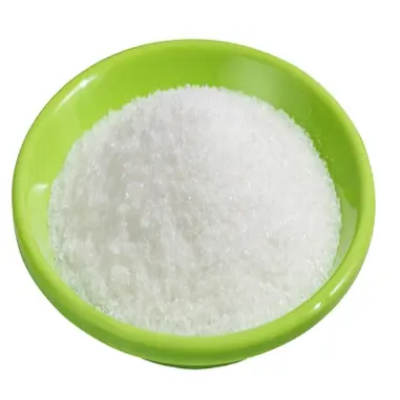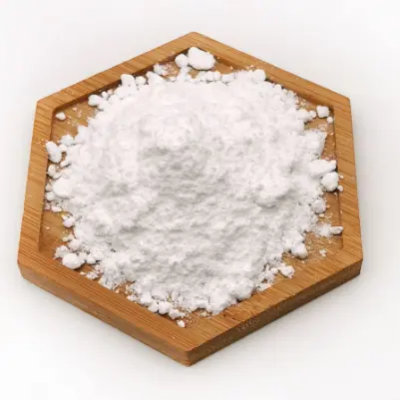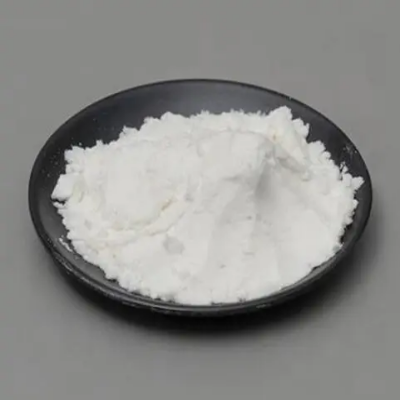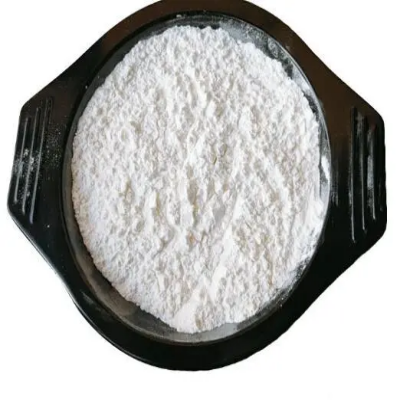Apramycin Sulfate CAS:65710-07-8
Apramycin sulfate is widely utilized in veterinary practice to treat bacterial infections in livestock, particularly in swine, poultry, and cattle. It is effective against various Gram-negative bacteria, including Escherichia coli and Salmonella species, which are common pathogens responsible for respiratory, gastrointestinal, and systemic infections in animals. Healthcare providers in veterinary medicine administer apramycin sulfate orally or via injection, adjusting dosage based on factors such as the type of infection, severity, animal species, weight, and individual response to treatment. It is crucial to follow prescribing guidelines and complete the full course of treatment to ensure effective resolution of the infection and prevent the development of antibiotic resistance. Regular monitoring of animal health during treatment with apramycin sulfate is essential to assess treatment response and detect any potential adverse effects. Veterinary professionals also consider factors like withdrawal periods and food safety regulations when using apramycin sulfate in food-producing animals. Common side effects associated with apramycin sulfate may include nephrotoxicity and ototoxicity, highlighting the importance of careful monitoring and dose adjustments to minimize the risk of toxicity while maintaining therapeutic efficacy. By implementing appropriate measures and guidelines, veterinarians can effectively utilize apramycin sulfate to manage bacterial infections in livestock and promote animal health and welfare in agricultural settings.



| Composition | C21H43N5O15S |
| Assay | 99% |
| Appearance | white powder |
| CAS No. | 65710-07-8 |
| Packing | Small and bulk |
| Shelf Life | 2 years |
| Storage | Store in cool and dry area |
| Certification | ISO. |


